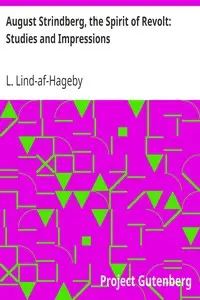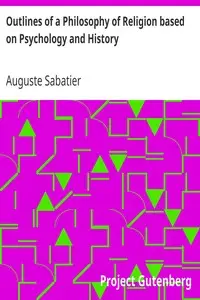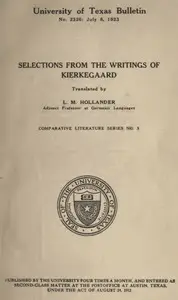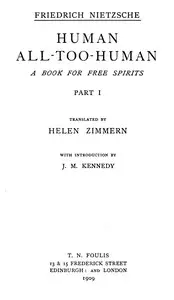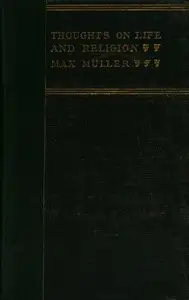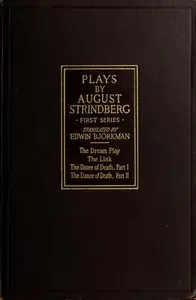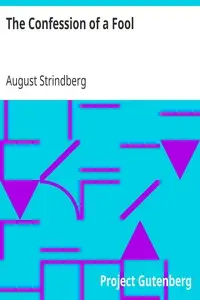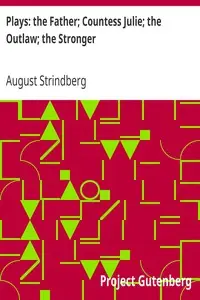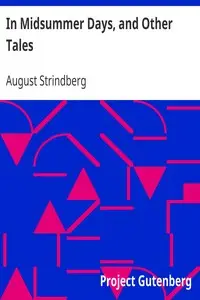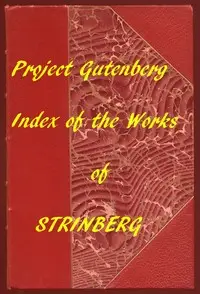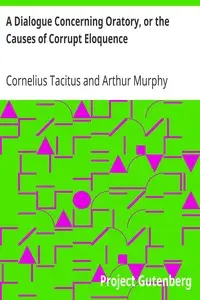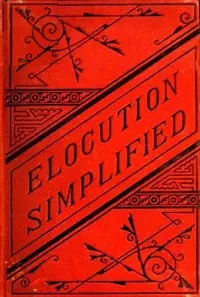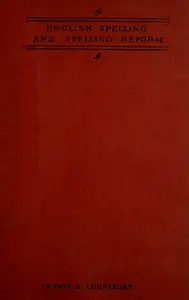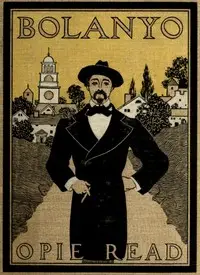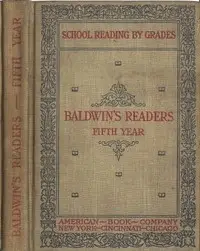"Zones of the Spirit: A Book of Thoughts" by August Strindberg is a journey through the mind of a man grappling with faith and reason. The book collects Strindberg's spiritual and existential thoughts from the beginning of the 20th century. The story showcases Strindberg's changes from a devoted religious follower to a doubtful critic, then to a renewed understanding of belief, marking turning points that molded his perspective. It highlights his questioning of long-held convictions and his studies of other philosophers, which influence his own exploration, resulting in a deep, sometimes difficult, understanding of life and spirituality.
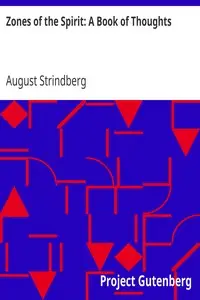
Zones of the Spirit: A Book of Thoughts
By August Strindberg
Witness a man's passionate search for meaning as he questions everything and rediscovers faith in an unexpected way.
Summary
About the AuthorJohan August Strindberg was a Swedish playwright, novelist, poet, essayist, and painter. A prolific writer who often drew directly on his personal experience, Strindberg wrote more than 60 plays and more than 30 works of fiction, autobiography, history, cultural analysis, and politics during his career, which spanned four decades. A bold experimenter and iconoclast throughout his life, he explored a wide range of dramatic methods and purposes, from naturalistic tragedy, monodrama, and historical plays to his anticipations of expressionist and surrealist dramatic techniques. From his earliest work, Strindberg developed innovative forms of dramatic action, language, and visual composition. He is considered the "father" of modern Swedish literature and his The Red Room (1879) has frequently been described as the first modern Swedish novel. In Sweden, Strindberg is known as an essayist, painter, poet, and especially novelist and playwright, but in other countries he is known mostly as a playwright.
Johan August Strindberg was a Swedish playwright, novelist, poet, essayist, and painter. A prolific writer who often drew directly on his personal experience, Strindberg wrote more than 60 plays and more than 30 works of fiction, autobiography, history, cultural analysis, and politics during his career, which spanned four decades. A bold experimenter and iconoclast throughout his life, he explored a wide range of dramatic methods and purposes, from naturalistic tragedy, monodrama, and historical plays to his anticipations of expressionist and surrealist dramatic techniques. From his earliest work, Strindberg developed innovative forms of dramatic action, language, and visual composition. He is considered the "father" of modern Swedish literature and his The Red Room (1879) has frequently been described as the first modern Swedish novel. In Sweden, Strindberg is known as an essayist, painter, poet, and especially novelist and playwright, but in other countries he is known mostly as a playwright.

